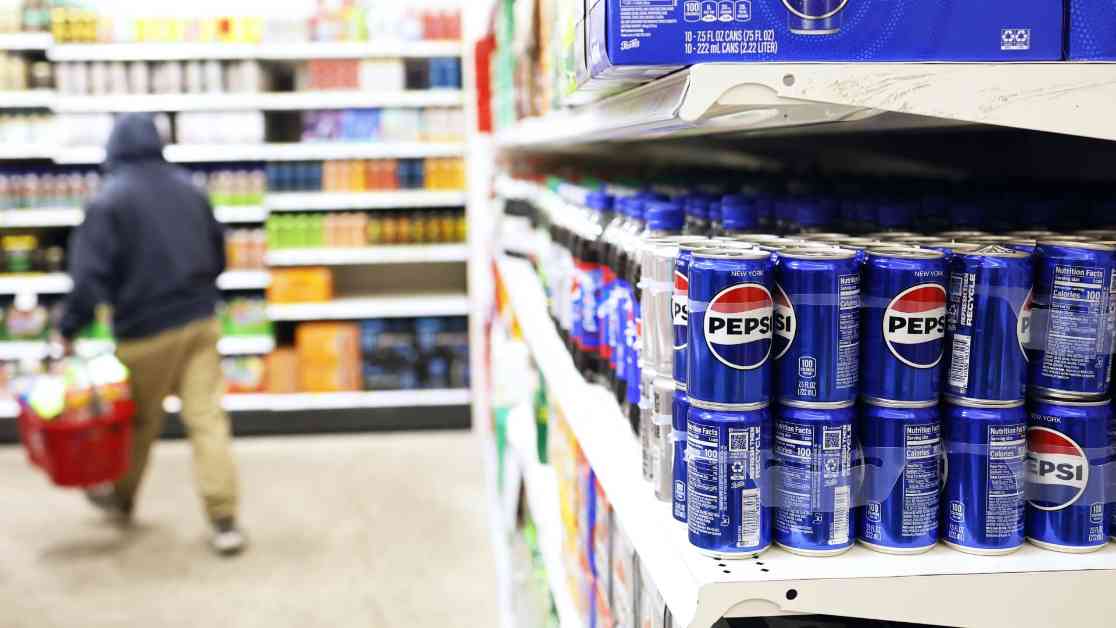FTC Sues PepsiCo for Price Discrimination Impacting Consumer Costs
The Federal Trade Commission (FTC) has taken legal action against PepsiCo, one of the largest food and beverage companies, for allegedly engaging in illegal price discrimination practices that have impacted consumer costs. The lawsuit, filed in the Southern District of New York, accuses PepsiCo of violating the Robinson-Patman Act by providing preferential pricing and promotional support to a major retailer, Walmart, over its competitors.
Allegations and Denials
According to the FTC, PepsiCo allegedly offered Walmart promotional payments, allowances, advertising, and promotional tools that were not extended to other retailers, resulting in an unfair competitive advantage. The agency claims that this selective treatment led to higher prices for consumers at competing stores. However, PepsiCo has vehemently denied these allegations, stating that its practices align with industry norms and do not involve favoritism towards specific customers.
Legal Ramifications and Industry Impact
The FTC’s decision to pursue legal action under the Robinson-Patman Act, a law enacted in 1936 to prevent price discrimination, marks a significant shift in enforcement priorities. The lawsuit, filed on the eve of President-elect Donald Trump’s inauguration, also reflects the outgoing administration’s stance on corporate accountability. With the impending change in leadership at the FTC, the outcome of this case could set a precedent for future antitrust actions in the food and beverage industry.
Expert Insights and Consumer Concerns
Industry experts and consumer advocates are closely monitoring the developments in the FTC’s lawsuit against PepsiCo, as the outcome could have far-reaching implications for competition and pricing in the retail sector. The allegations of price discrimination raise concerns about the fairness of pricing practices and the impact on consumer choice. As the legal proceedings unfold, the public will be watching to see how this case unfolds and whether it will lead to changes in how companies conduct business.
In the midst of legal battles and corporate disputes, it’s essential to remember that these cases have real-world consequences for consumers and businesses alike. As we navigate through the complexities of antitrust regulations and enforcement actions, it’s crucial to keep in mind the broader implications of these legal battles on the economy and society as a whole. The outcome of this lawsuit could shape the future landscape of competition and pricing in the food and beverage industry, underscoring the importance of fair and transparent business practices for the benefit of all stakeholders.



















